Cannabidiol (CBD), a non-intoxicating compound derived from the hemp plant, has become incredibly popular in recent years for its purported health benefits. One of the most common forms of CBD products on the market is CBD cream, a topical ointment that can be applied directly to the skin. With its potential to relieve pain, inflammation, and skin conditions, CBD cream is widely sought after. However, the legal status of CBD products, including creams, is not always straightforward. In the United States, the legality of CBD cream depends on several factors, including federal and state regulations.
This article provides a detailed guide to help you understand whether CBD cream is legal in your state and what regulations you need to be aware of.
Federal CBD Laws: The 2018 Farm Bill
Before delving into state-specific regulations, it’s important to understand the federal laws surrounding CBD. The 2018 Farm Bill was a landmark piece of legislation that legalized hemp-derived CBD products at the federal level, with certain restrictions.
The key points of the 2018 Farm Bill include:
- Hemp Legalization: The bill legalized hemp as an agricultural commodity, allowing for the cultivation of hemp for various purposes, including CBD extraction.
- CBD Definition: CBD extracted from hemp is legal, as long as it contains less than 0.3% THC (tetrahydrocannabinol), the psychoactive compound found in cannabis.
- FDA Oversight: The Food and Drug Administration (FDA) has the authority to regulate CBD products, but it has not fully developed guidelines on CBD usage in food, dietary supplements, or cosmetics. However, it has approved one CBD-based drug, Epidiolex, for the treatment of certain seizure disorders.
While the federal government has legalized hemp-derived CBD, it’s important to remember that states have the power to enact their own laws regarding the use, sale, and regulation of CBD products, including CBD cream.
State Regulations: Variances Across the United States
Although hemp-derived CBD products are legalized at the federal level, the legality of CBD cream varies significantly from state to state. Some states have fully embraced CBD, while others have stringent regulations or have not yet passed laws addressing the substance.
States Where CBD Cream is Legal
In many states, CBD cream is completely legal, provided it meets the federal definition of hemp-derived CBD (containing less than 0.3% THC). These states typically follow the guidelines set forth by the 2018 Farm Bill, and CBD products are widely available for purchase both online and in physical stores.
Some states that have embraced CBD and allow its sale include:
- California: CBD is legal for both medical and recreational use in California, and CBD products, including creams, are commonly available.
- Colorado: As one of the pioneers in cannabis legalization, Colorado allows the sale of CBD products, including topicals like creams, provided they contain less than 0.3% THC.
- Oregon: CBD is legal in Oregon for both medicinal and recreational use, and CBD creams are widely available.
- New York: CBD is legal in New York, with a robust market for both CBD oils and creams.
- Florida: Florida allows the sale and use of CBD products that contain less than 0.3% THC, including CBD creams, and has a growing market for wellness and medicinal CBD products.
States Where CBD Cream is Restricted or Regulated
Some states have stricter regulations on CBD, and in certain instances, CBD creams may be subject to additional scrutiny or limitations. These states may have specific requirements about CBD sourcing, testing, or the presence of THC in the product. Additionally, in some states, the sale of CBD products like creams may be limited to licensed medical dispensaries.
States with more restrictive regulations on CBD cream include:
- Idaho: In Idaho, the sale of hemp-derived CBD products is heavily regulated, and the legal landscape remains uncertain. While CBD derived from hemp is allowed, the state restricts products with any THC content. As a result, CBD creams containing even trace amounts of THC may not be legal.
- Wyoming: Wyoming has laws in place that legalize CBD products, but the state has stringent regulations regarding the sourcing and manufacturing of these products. CBD creams must meet certain criteria to be legally sold.
- South Dakota: South Dakota was one of the last states to legalize hemp, and the regulations surrounding CBD remain complex. While CBD is legal in the state, local restrictions may apply to how CBD creams are marketed and sold.
States Where CBD Cream is Not Clearly Legal or Illegal
Some states have not yet established clear regulations regarding CBD, and their stance may vary depending on local authorities or the specific type of product. In these states, the legal status of CBD cream may be ambiguous, and users could face uncertainty or legal challenges.
Important Considerations for Consumers
When purchasing CBD cream, consumers should be aware of several factors to ensure they are compliant with local laws and regulations:
- THC Content: Federal law requires that CBD products, including creams, contain less than 0.3% THC. This is essential in ensuring that the product remains legal. If a product contains more than 0.3% THC, it could be considered a marijuana product, which is still illegal in many states.
- Source of CBD: Ensure that the CBD used in the product is derived from hemp, as cannabis-derived CBD may face different legal restrictions depending on state laws.
- Product Testing: Look for third-party lab reports that verify the product’s THC content and confirm that it is compliant with legal limits. Reputable companies will provide these reports, ensuring transparency and consumer safety.
- State-Specific Regulations: Always check your state’s specific regulations before purchasing CBD cream. Some states may only allow the sale of CBD products through licensed medical dispensaries or may have additional restrictions on the sale of topical CBD products.
The Future of CBD Cream Legality
The legal landscape for CBD is constantly evolving. As more states continue to pass laws legalizing hemp and cannabis products, the availability of CBD cream and other CBD-infused products is expected to increase. However, this shift also brings with it new challenges related to regulation, quality control, and consumer protection.
The FDA is working on creating more comprehensive regulations for CBD, and its actions in the coming years may help standardize the rules for CBD products across the country. As of now, however, it remains important to stay informed about your state’s evolving laws to ensure you remain in compliance when using or purchasing CBD creams.
Conclusion
CBD cream is a promising product with numerous potential benefits for pain relief, skin care, and overall wellness. However, its legality varies depending on where you live in the United States. While the 2018 Farm Bill legalized hemp-derived CBD at the federal level, individual states have the power to establish their own laws and regulations. Therefore, it’s important to check your state’s stance on CBD and ensure that any CBD cream you purchase complies with local laws.
I’ve recently had the chance to try out a few CBD creams from Just CBD, and I’m here to share my experience. CBD topicals are something I’ve started using more, especially for sore muscles or when I just need a bit of relaxation, and these products did not disappoint!
CBD Relief Cream
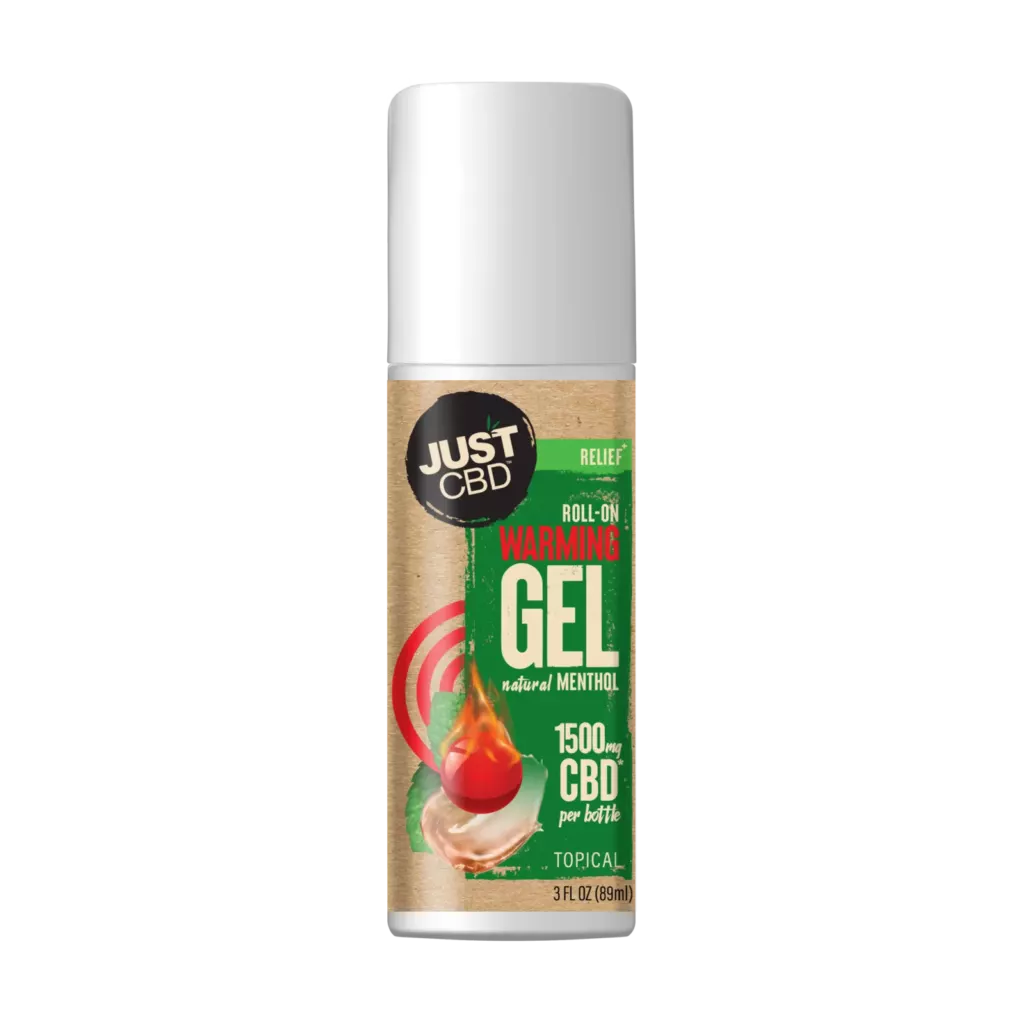
CBD Relief Cream (link)
This cream is my go-to for those everyday aches and pains. The texture is light and absorbs quickly, which I loved since I didn’t feel greasy afterward. It has a nice, calming scent that isn’t overpowering, which I appreciate—no one wants to smell like they’ve doused themselves in medicine. It’s perfect for sore shoulders or those annoying tight spots. The cooling effect is subtle, but definitely noticeable, leaving me feeling a little more relaxed after use. My only gripe? The 250mg strength could be a little stronger for really intense pain, but for general muscle tension, it’s a solid option!
CBD Heat Pain Relief Cream (350mg/1500mg)
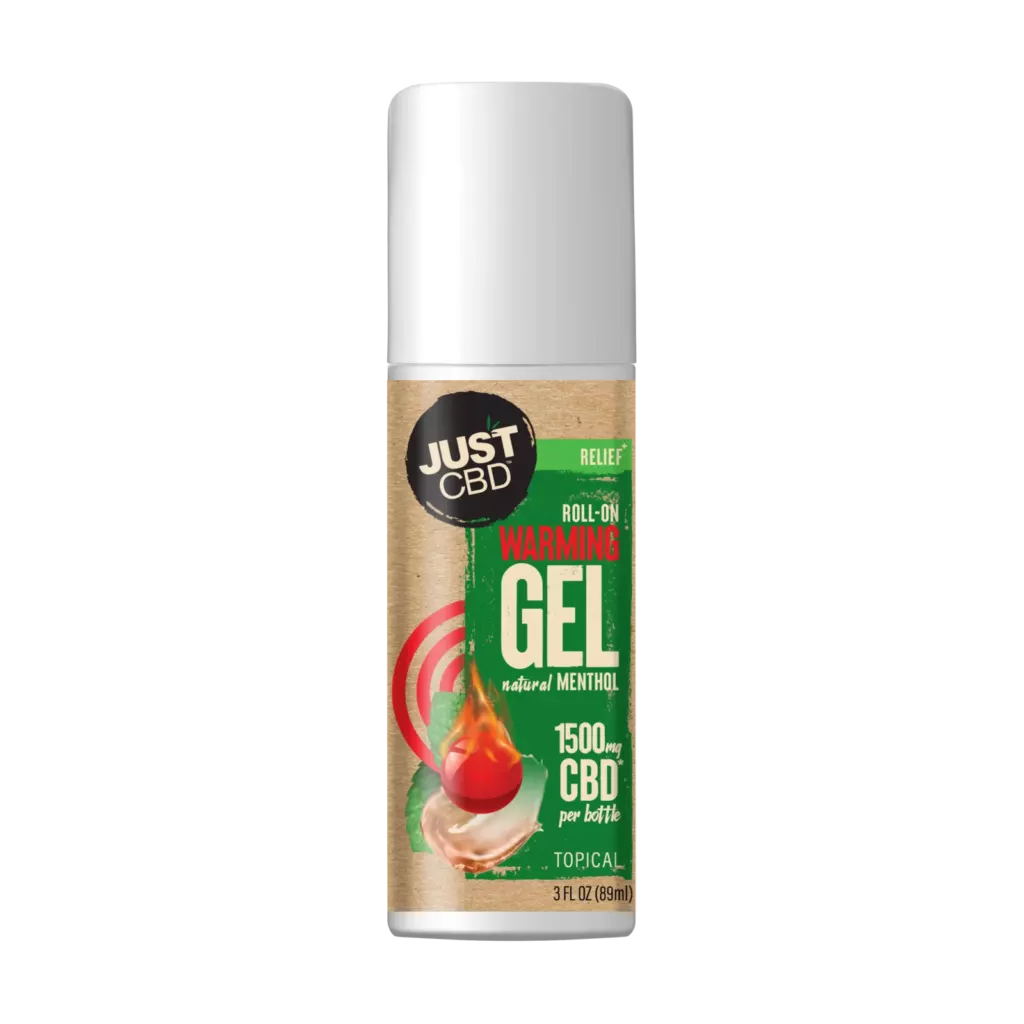
CBD Heat Pain Relief Cream (link)
Now, this one is a bit of a game changer for anyone dealing with muscle stiffness or joint pain. The 1500mg option really packs a punch, and you can feel it working right away. I loved how it has a warm sensation—sort of like a heating pad, but in cream form. It’s perfect for post-workout recovery or when you’re feeling a bit extra sore. I personally love the extra-strength version since I tend to have more intense aches. The only downside? The warm sensation can be a bit too much for sensitive skin, so be careful if you’re prone to irritation.
CBD Roll-On Freeze Cream
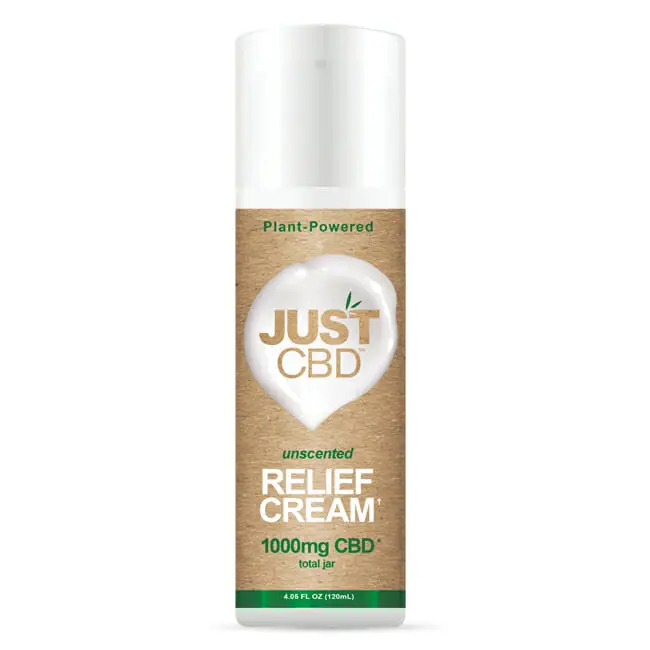
CBD Roll-On Freeze Cream (link)
This one is all about convenience! The roll-on application makes it super easy to target specific spots, like your knees or lower back. The cream gives off a refreshing, cooling sensation that feels like an icy blast of relief. It’s almost like having a mini ice pack on hand. I loved this for when I had joint pain or just needed something fast and portable. The only thing I wasn’t too keen on was that it’s a bit on the light side for long-lasting relief, so I had to reapply more frequently than I expected.
CBD+THC Ultra Relief Gel with Menthol (4oz)
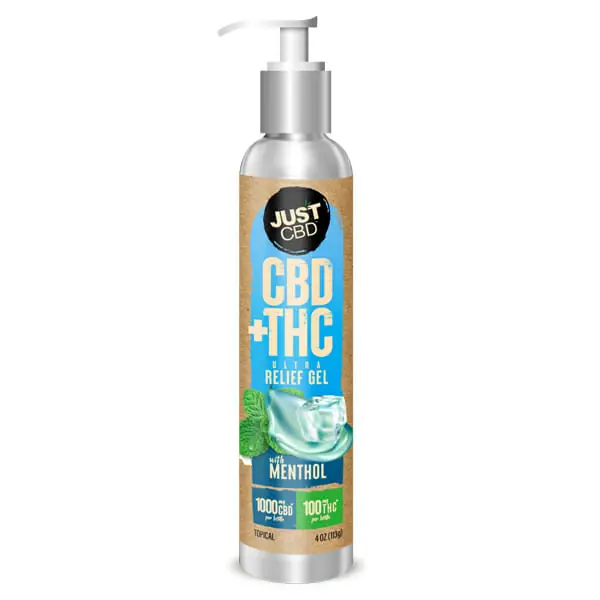
CBD+THC Ultra Relief Gel with Menthol (link)
This gel combines CBD with THC, and let me tell you, it works wonders. The menthol kick makes it super refreshing, and I could feel the relief almost instantly. It’s like having the best of both worlds with the calming effects of CBD and the pain-relieving properties of THC. This one is a bit stronger than some of the other creams I tried, which was great for those stubborn, deep muscle pains. My only minor complaint is that the menthol can feel a bit strong for some, so it might not be for everyone.
Ultra Relief CBD Gel (1000mg)
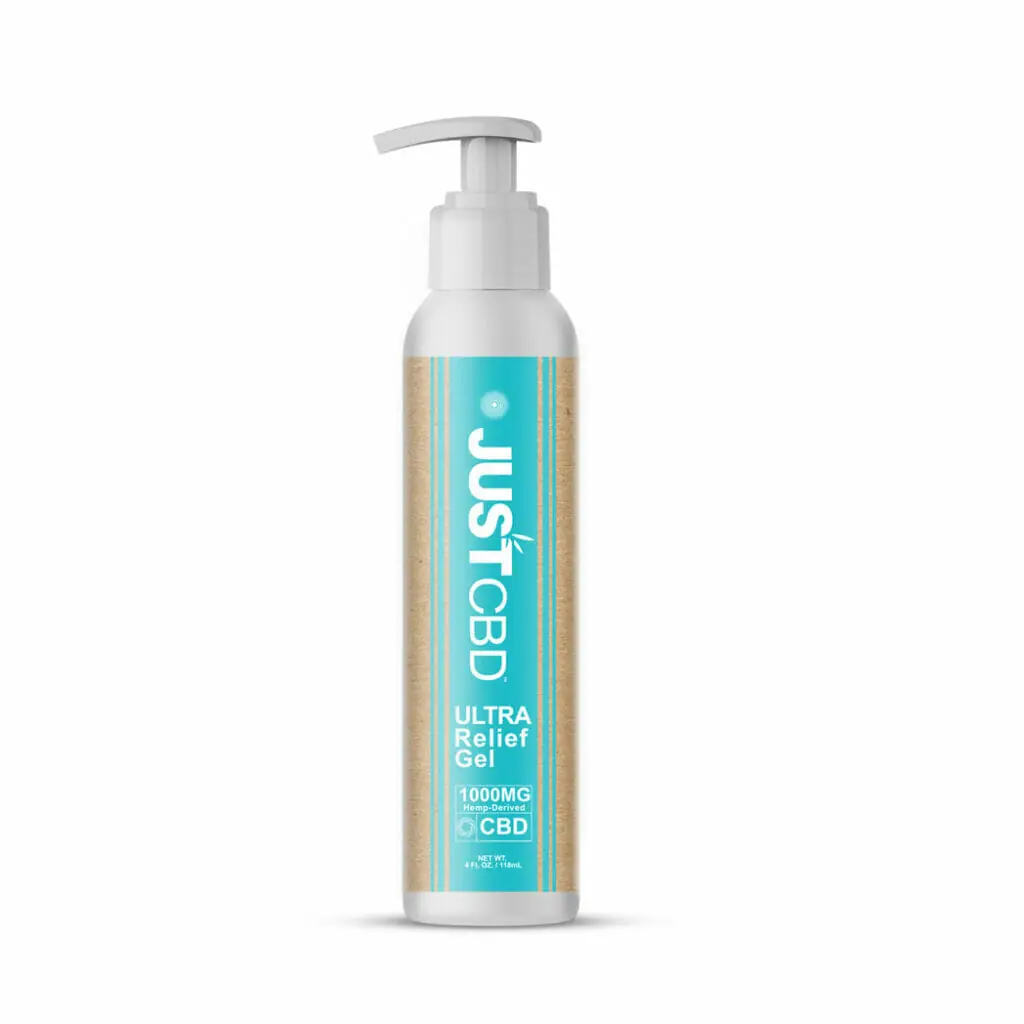
Ultra Relief CBD Gel (link)
This gel is probably the most intense of the bunch. It’s great for serious relief when your body is really aching. The gel texture is a little more cooling than some of the other creams, and I could feel the effects more deeply. It’s perfect for long-lasting relief after a tough workout or a long day at work. However, I would recommend starting with a smaller amount because it’s a lot stronger than I initially expected.
Final Thoughts
Overall, each product had its strengths. For those just looking for a light, everyday relief, the CBD Relief Cream is a great option. If you need something a little more intense, go for the CBD Heat Pain Relief Cream or the Ultra Relief CBD Gel. The CBD+THC Ultra Relief Gel with Menthol is fantastic for more serious relief, while the CBD Roll-On Freeze Cream is perfect for quick fixes and portability. The variety is great, depending on your needs!
Is CBD Cream Legal in Your State? A Guide to US Regulations
CBD creams are generally legal in most states, provided they contain less than 0.3% THC. However, some states may have stricter regulations, so it’s important to check local laws for any restrictions.
How Does CBD Cream Work on Your Skin?
CBD cream interacts with your skin’s cannabinoid receptors, promoting anti-inflammatory effects and soothing discomfort. It can help with localized pain, dryness, or irritation without producing a psychoactive effect.
Can CBD Cream Help With Pain Relief?
Yes, CBD creams are often used to help alleviate localized pain and inflammation, such as muscle soreness, arthritis, and skin conditions like eczema. Many users report a reduction in discomfort after applying CBD topicals.
Are There Any Side Effects of Using CBD Cream?
CBD cream is typically safe for most people when used topically. However, some may experience skin irritation or allergic reactions. It’s advisable to do a patch test before widespread use.
How Often Should I Use CBD Cream for Best Results?
For chronic pain or skin conditions, applying CBD cream 1-2 times daily can provide consistent relief. For acute issues, use as needed, and reapply if discomfort returns.
Does CBD Cream Have THC in It?
Most CBD creams contain trace amounts of THC (less than 0.3%) if derived from hemp. This is not enough to cause a psychoactive effect, but it’s important to confirm the THC content if you need to avoid it for personal or legal reasons.
Can CBD Cream Be Used on Sensitive Skin?
CBD cream is often a good choice for sensitive skin due to its anti-inflammatory properties. However, it’s important to choose a product with natural ingredients and avoid those with added fragrances or artificial chemicals.
Is CBD Cream Safe for Long-Term Use?
CBD cream is considered safe for long-term use. However, it’s always a good idea to consult with a healthcare provider if you plan to use it regularly, especially if you have underlying skin conditions or other health concerns.
Will CBD Cream Show Up on a Drug Test?
CBD creams typically do not cause a positive result on drug tests, as they do not contain significant amounts of THC. However, if a product contains higher levels of THC, there may be a small risk of detection.
How Long Does It Take for CBD Cream to Work?
The effects of CBD cream can be felt within 15-30 minutes after application. The relief varies based on the condition being treated and individual factors such as skin type and the severity of the symptoms.
- Chris McCausland takes a break from Strictly on romantic walk with rarely seen wife after samba row - June 4, 2025
- Popular THC Seltzers in Michigan Right Now - May 31, 2025
- Arizona’s Most Popular THC Infused Drinks - May 31, 2025
